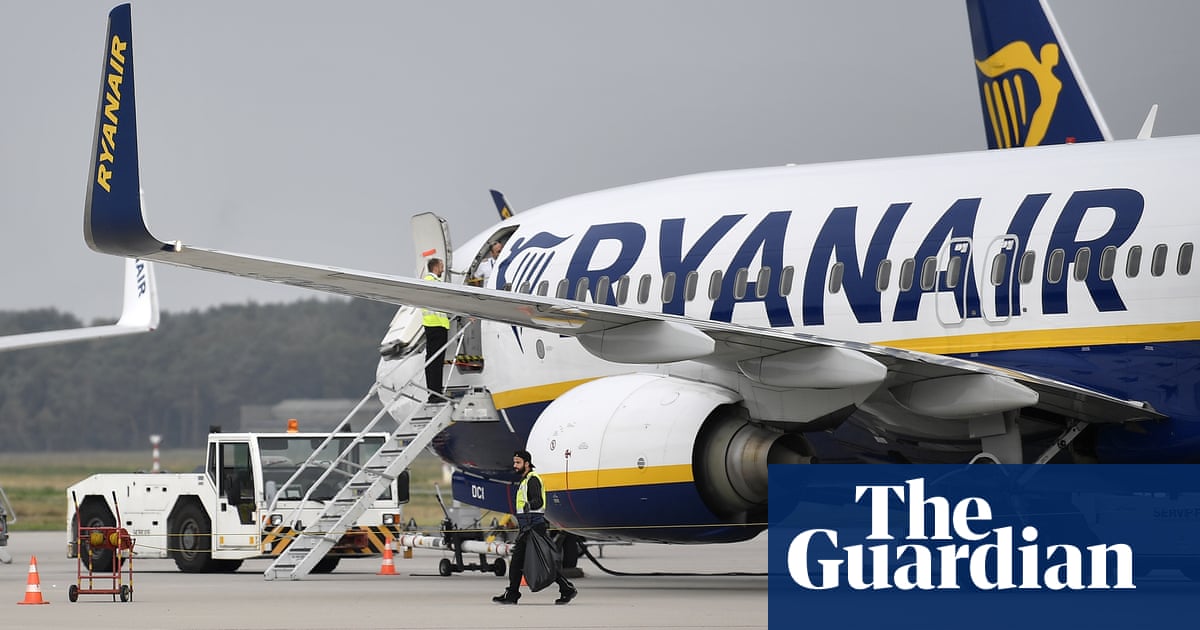
Budget carriers scale back operations to cope with renewed travel restrictions
DUBLIN: Ryanair slashed its annual passenger target by another 10 million on Wednesday, becoming the latest European airline to signal more capacity cuts as resurgent COVID-19 infections and travel restrictions dent
recovery hopes.
“The winter of 2020 will be a write-off,” Ryanair Group Chief Executive Michael O’Leary predicted in an interview. Europe’s biggest low-cost carrier is preparing to close some bases and shrink others, he told Reuters.
Airlines have blamed an
uneven patchwork of travel restrictions and quarantine rules across Europe for a stop-go recovery that has proven tougher than many expected.
Ryanair’s low-cost rival easyJet, already cutting 4,500 jobs and closing three UK bases, further reduced its flying schedule for the current quarter on Tuesday.
Wizz Air, which had touted an aggressive push for market share and even a new London Gatwick base, last week scaled down operations for the current quarter to 60 percent of capacity from the previously expected 80 percent.
Overall, September short-haul schedules have been cut to 43 percent of European capacity from 47.6 percent in August, but as Barclays analyst Rishika Savjani pointed out: “We think demand is tracking below these levels, and therefore we’d expect weaker load factors and weaker pricing for the quarter,” referring to a key metric for the proportion of aircraft seats filled.
“Pricing is going to be aggressively down” in coming months, the Ryanair boss said. O’Leary was among the first CEOs to warn of a virus-induced price war in comments since borne out by a recovering Chinese market, where some carriers now offer all-you-can-fly deals.
Ryanair expects to fly 50 million passengers in the fiscal year to March, one third of the previous year’s number. The goal was previously cut to 60 million in July from 80 million in May and could go lower still, O’Leary cautioned.
“We’re probably looking at closing more bases and withdrawing more capacity in those countries where you’re operating completely defective and non-scientific quarantines,” he added — citing Britain, Ireland, Spain and Portugal.
Fourteen-day Western European infection rates that have risen to 64.9 per 100,000 from 19.4 in late July are “not reflected in share prices,” with airline stocks up 14 percent over the period, Goodbody analyst Mark Simpson warned.
Ryanair and Wizz remain relatively well positioned over traditional airlines with more “exposure to high-risk long-haul markets,” Simpson said.
Further setbacks may leave carriers such as Air France-KLM and Lufthansa in need of more funding on top of their multibillion-euro state-backed bailouts, other analysts warn. Air France needs a strong recovery to avoid the looming prospect of nationalization.
O’Leary, who last week bolstered Ryanair’s strong balance sheet with a €400 million share issue, remains confident the Irish no-frills carrier can come out on top.












